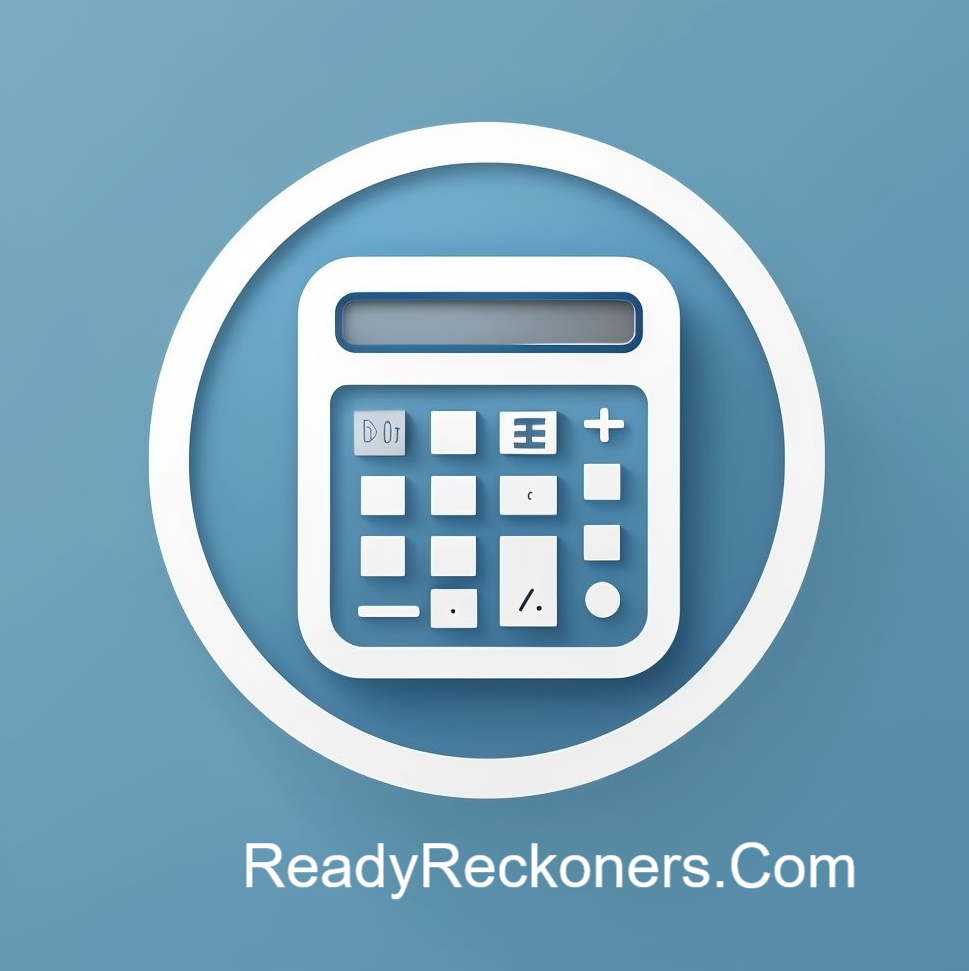
Real Estate Commission Calculator
Enter Commission Details
Additional Income Sources
Additional Expenses
Real Estate Commission Terms Explained
5 Smart Real Estate Commission Tips
Maximizing Your Real Estate Commission Potential
In the competitive world of real estate, understanding how commissions work and implementing strategies to maximize your earnings is essential for long-term success. As a real estate professional, your income primarily comes from commissions earned on property sales, which means your financial stability depends on your ability to close deals efficiently while managing your expenses and broker relationships effectively.
The standard real estate commission typically ranges from 5% to 6% of a property's sale price, though this can vary based on local market conditions, property types, and individual negotiations. This commission is usually split between the listing agent and the buyer's agent, with each agent then further splitting their portion with their respective brokerages according to predetermined agreements. Understanding these splits is the first step in managing your income expectations and planning your financial future in real estate.
One of the most significant factors affecting your take-home commission is your agreement with your brokerage. Commission splits with brokerages can range widely, from 50/50 arrangements to more favorable splits for experienced agents, sometimes reaching 70/30, 80/20, or even 90/10. Some brokerages also offer commission cap models, where agents pay a maximum amount to the brokerage each year, after which they keep 100% of their commissions for the remainder of the year. As your career progresses, negotiating more favorable splits or transitioning to a brokerage with a more advantageous commission structure can substantially increase your income.
Beyond the basic commission structure, successful real estate agents find ways to enhance their earnings through additional value-added services. Home staging consultation, professional photography coordination, property management services, or real estate investment advising can all provide supplementary income streams while making your primary services more attractive to clients. By positioning yourself as a comprehensive resource for clients, you not only justify your commission rate but also open doors to additional revenue opportunities.
Expense management is equally crucial to maximizing your net commission. Real estate professionals face numerous business expenses, including marketing costs, licensing fees, association dues, office expenses, vehicle costs, and continuing education. Tracking these expenses diligently serves two purposes: it helps you identify areas where you can reduce spending, and it ensures you're claiming all eligible tax deductions. Many agents lose thousands of dollars annually by failing to properly track and deduct legitimate business expenses. Implementing a systematic approach to expense tracking, possibly with the help of accounting software designed for real estate professionals, can significantly improve your bottom line.
Time management also plays a vital role in commission optimization. Determining your effective hourly rate (your commission divided by the hours invested in a transaction) can help you identify which activities deliver the best return on your time investment. This analysis often reveals that delegating certain tasks to assistants or service providers, though an added expense, can free you to focus on high-value activities like client acquisition and relationship building, ultimately increasing your overall earnings.
Building a referral network represents another powerful strategy for enhancing commission earnings. Satisfied clients who refer their friends and family can become a steady source of business with minimal additional marketing investment. Some agents find that after several years in the business, referrals account for 50% or more of their transactions. Cultivating these relationships through excellent service, regular follow-up, and appreciation gestures creates a sustainable business model that reduces the cost and effort of acquiring new clients.
Finally, continuous education and specialization in lucrative niches can have a dramatic impact on your commission potential. Agents who develop expertise in high-end properties, commercial real estate, or specific high-demand neighborhoods often command higher commission rates or work with higher-priced properties, resulting in larger commission checks. Investing in designations and certifications that demonstrate your specialized knowledge can position you as an expert worthy of premium commissions.
By taking a holistic approach to commission management—optimizing your brokerage relationship, expanding your service offerings, controlling expenses, managing your time effectively, nurturing referral sources, and developing specialized expertise—you can significantly increase your net income while providing exceptional value to your clients. The most successful real estate professionals view commission not simply as a payment for a transaction but as the financial foundation of a sustainable business that grows more profitable over time through strategic planning and investment.
